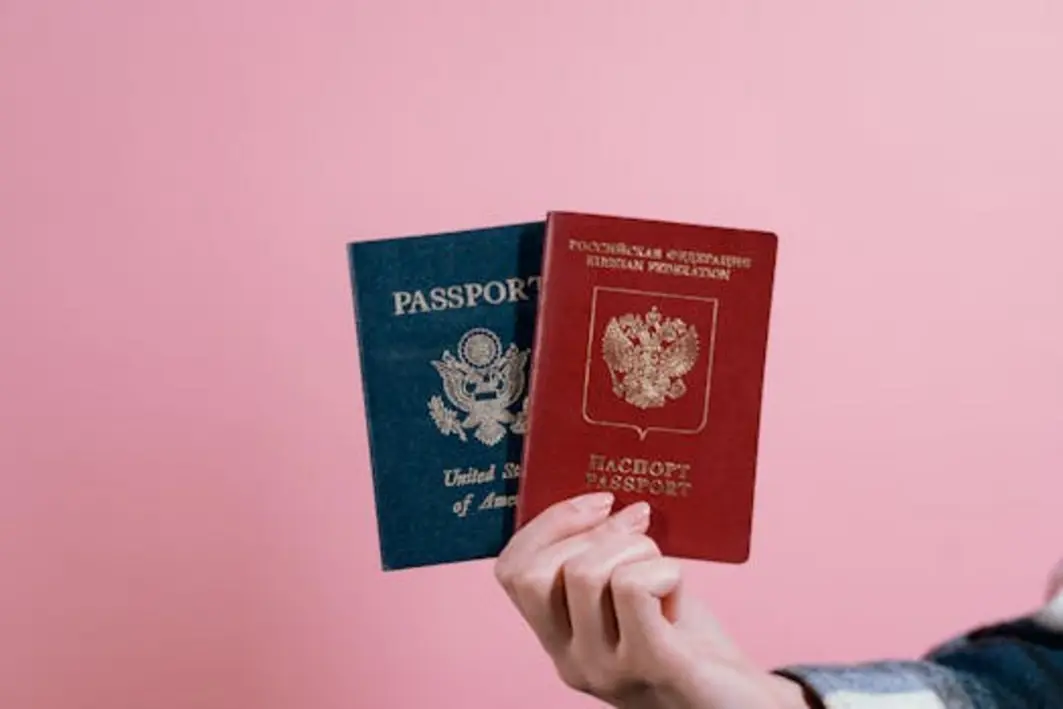
The 2026 World Cup: Will Politics Steal the Show from Soccer?
Imagine, you’ve spent years dreaming of seeing your national team compete in the FIFA World Cup. You’ve saved money, booked flights, and envisioned yourself amidst the electric atmosphere of the tournament. But then, political tensions and immigration restrictions throw a massive wrench into your plans. Sounds stressful, right?
Well, that’s the reality facing fans and players heading to the 2026 FIFA World Cup, co-hosted by Canada, the United States, and Mexico. While the prospect of witnessing the biggest World Cup ever – with 48 teams and 104 matches – is thrilling, concerns are mounting about potential travel difficulties stemming from U.S. immigration policies. This article will delve into these worries, examining what you need to know, and what the future may hold. We’ll cover the potential impact on players, fans, and the overall spirit of the games.
The Biggest World Cup Ever, with a Side of Uncertainty
The stage is set for a historic sporting event. The 2026 FIFA World Cup promises to be the largest in the tournament’s history, taking place from June 11 to July 19, 2026. With games spread across North America – including cities in Canada, the United States, and Mexico – the event is designed to bring together millions of fans from around the globe. The increased number of teams expands the sport’s reach, promising more excitement and memorable moments.
However, even with such enthusiasm, shadows of doubt are emerging. The policies of a potential future administration, and in particular, the ongoing political climate in the U.S. could introduce complications. Can you imagine the frustration of meticulously planning trips, only to have your entry potentially denied? Travel is always a tricky business, and political volatility makes it even more complex – but what can you do?
The Potential Impact of U.S. Immigration Policies
The primary concern revolves around potential restrictions on entry into the United States. Experts like Victor Matheson, a sports economics professor, have warned that strict border checks and travel bans could create significant problems for fans and players alike.
The issue centers on the potential for travel bans and stricter border controls. Previous administrations have implemented policies that restricted travel from specific countries, and there’s a concern this could broaden, affecting anyone planning to attend the World Cup. For players, fans, and even staff, navigating these restrictions could become a major headache.
Andrew Zimbalist, a renowned economist, has also echoed these concerns. The unpredictable nature of immigration policies adds another layer of uncertainty. Even with special visas typically granted to athletes and staff, the possibility of sudden changes in regulations raises anxieties.
Canada, Mexico, and the Spirit of Unity
The decision to co-host the World Cup with Canada and Mexico was, in principle, a statement of unity and international cooperation. Tim Elcombe, a professor, points out that the current climate, could potentially turn this unity into a political dilemma.
Canada, with games in cities like Toronto and Vancouver, will undoubtedly welcome numerous fans. But the fact remains that the USA will host the majority of the games, including the final. Therefore, if travel restrictions make it difficult to access the U.S., the whole event is affected.
Even human rights groups like Human Rights Watch have voiced their concerns, writing to FIFA President Gianni Infantino about the potential risks to people, particularly those who are not U.S. citizens. With so much on the line, it’s becoming increasingly crucial to ensure the safety and inclusivity of all participants. Canada, as a host nation, has a unique opportunity to use its voice to navigate the complexities that arise.
What Can You Do? Practical Takeaways
While the situation is evolving, here are some things you can do to prepare, and think ahead:
- Stay Informed: Keep abreast of any changes in U.S. immigration policies that might impact your travel plans. Regularly check official government websites and news sources for updates.
- Plan Ahead: If you’re a non-U.S. citizen planning to attend, apply for necessary visas well in advance. Gather all required documentation.
- Consider Alternatives: If you’re worried about U.S. entry, look into the possibility of attending games hosted in Canada or Mexico, if available.
- Voice Your Concerns: Express your concerns to relevant authorities or organizations to help ensure fair and accessible travel for everyone.
- Connect with other fans: Create a network and share information and ideas. If there are group travel issues, the collaboration can empower solutions.
Looking Ahead
Navigating the complexities of the 2026 World Cup will require careful planning and consideration. The intersection of international sports with politics presents a unique challenge. By staying informed, preparing for potential obstacles, and advocating for fair treatment, we can hopefully ensure that the focus remains on the beautiful game. Will the games be affected by travel considerations? Only time and preparation, and open communication, will tell.